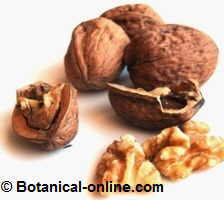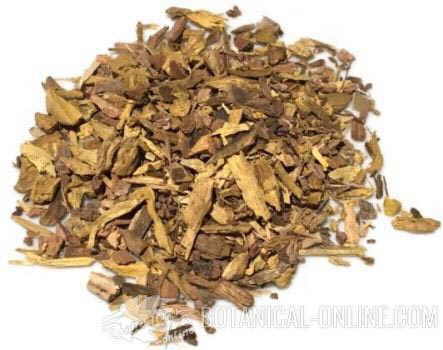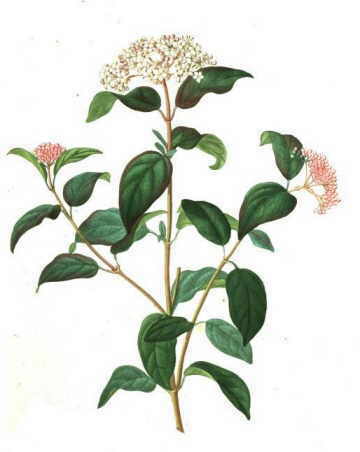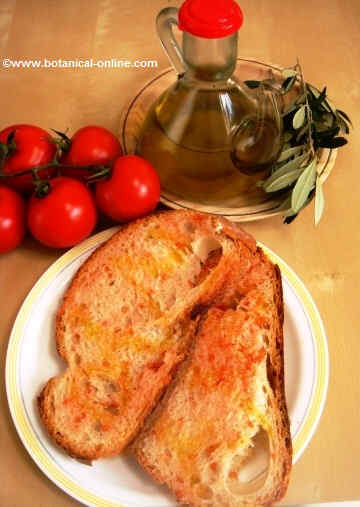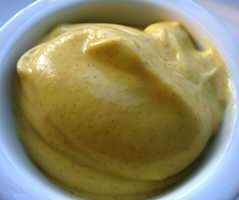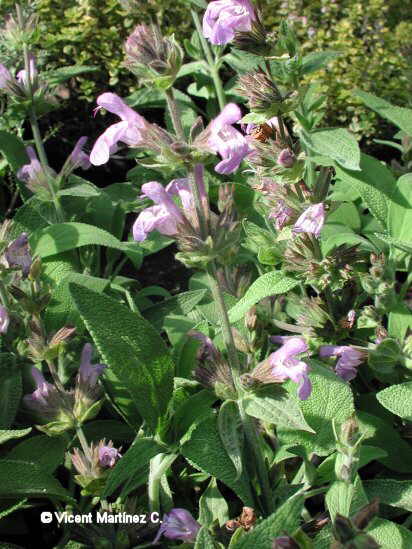Contents
- 1 Vegetarian diet and rheumatism
- 2 WHAT IS A SUITABLE VEGETARIAN DIET FOR ARTHRITIS AND RHEUMATISM?
- 2.1 Vegetarian diet for arthritis and rheumatism
- 2.2 What should a healthy vegetarian diet be like?
- 2.3 Some vegetables are more suitable than others
- 2.4 Vegetables recommended for arthritis and rheumatism
- 2.5 Foods rich in protein in a vegetarian diet
- 2.6 Anti-inflammatory foods for arthritis
- 2.7 Fruits for arthritis
Vegetarian diet and rheumatism
WHAT IS A SUITABLE VEGETARIAN DIET FOR ARTHRITIS AND RHEUMATISM?
Vegetarian diet for arthritis and rheumatism
A proper diet for arthritis can help reduce pain, joint stiffness, and improve quality of life for people with arthritis.
For a long time, different diets have been proposed to improve the symptoms of this disease.
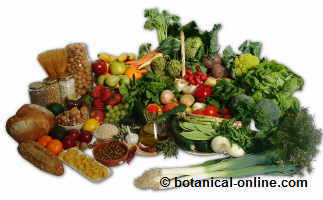
In general, it seems that a diet rich in omega-3 and omega-6 essential fatty acids, low in animal fats, with complex carbohydrates and rich in fiber, with anti-inflammatory, diuretic, and antioxidant properties is favorable for arthritis.
What should a healthy vegetarian diet be like?
It has been observed that following a proper diet can help improve symptoms, joint pain, and quality of life in people with arthritis. According to studies, the type of diet that offers the most benefits for improving arthritis is a gluten-free diet, followed by a vegetarian diet, and accompanied by physical therapy.
- A balanced diet that provides the right amount of carbohydrates, proteins, and oils. Natural foods, such as legumes, vegetables, fruits, tubers, grains, and nuts or seeds, are the best sources of nutrients, vitamins, minerals, and antioxidants.
As for protein, in vegetarian diets it should be taken into account that protein requirements increase, so protein-rich foods are recommended daily.
- Low-salt diuretic diet: For rheumatism, diuretic infusions, plenty of vegetables, and a low-salt diet are recommended.

Walnuts are anti-inflammatory. About 7 walnuts make up 1 serving. Anti-inflammatory foods: Essential fatty acids and plants with anti-inflammatory properties. As an anti-inflammatory, a handful of walnuts a day would be adequate (about 7 whole walnuts).
- Antioxidants and alkaline minerals: It is recommended to increase your intake of magnesium, calcium, and antioxidants through legumes and foods rich in vitamin C, such as lemon juice.
- Antioxidants and alkaline minerals: It is recommended to increase the intake of magnesium, calcium, and antioxidants through legumes and foods rich in vitamin C, such as lemon juice.
- Vegetables and grains with oxalates, phytates, etc.: Some vegetables with a high oxalate content are not suitable, and grains (both legumes and whole grains) should be consumed with prior soaking, not only to hydrate them, but also to eliminate their antinutrients.
- Foods not recommended for arthritis: Fried foods, sugary products, high-fat foods, or foods with a lot of salt.
Some vegetables are more suitable than others
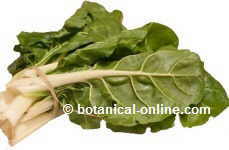
Although a vegetarian diet is one of the healthiest, it must be taken into account that some vegetables contain oxalates, compounds that can deposit in the joints in the form of crystals, causing damage to them.
At the top of the list of vegetables richest in oxalates are rhubarb, spinach, chard, beets, and pure cocoa.
It is recommended to consume them less frequently and always boiled (the broth should be discarded) or in small quantities (e.g. in the case of chocolate).
Vegetables recommended for arthritis and rheumatism
The most recommended vegetables are cruciferous vegetables, such as broccoli, cabbage, cauliflower, Brussels sprouts, radishes, turnips, etc.
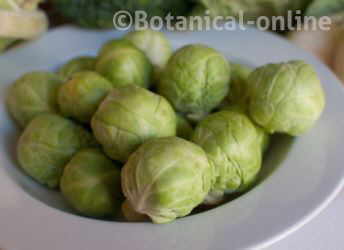
These vegetables are the ones that contain the highest amount of calcium, and are also rich in folic acid, a vitamin that protects against cardiovascular disease (it is very interesting for arthritis, because there is a greater risk of arteriosclerosis).
Avocado is also highly recommended for its omega-3 content and for being the fruit richest in folic acid.
Cruciferous plants in particular stand out for their large amount of antioxidants called glucosinolates. For these reasons, these vegetables should be consumed weekly.
Other highly advisable vegetables include onions, celery, garlic, nettles, asparagus, artichokes, etc., for their diuretic properties.
Foods rich in protein in a vegetarian diet
Protein-rich foods that cannot be missing at every meal of the day. They provide a lot of protein: legumes (lentils, soybeans, chickpeas, etc.) and their derivatives (vegetable burgers, tofu, tempeh, etc.), and amaranth, quinoa, buckwheat, and pasta. A good dish of cereal also provides protein.
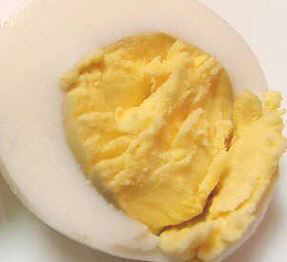
At every meal, it is recommended to add nuts, seeds to salads, etc.
For arthritis and rheumatism, it may be advisable to withdraw milk and dairy products.
Eggs are an excellent source of protein, the best, and you can eat up to one a day, every day of the week. It is not recommended to remove the yolk, since part of the proteins are lost and the quality of the food is decreased.
Anti-inflammatory foods for arthritis
In the diet for arthritis, the intake of foods rich in essential fatty acids is recommended due to their anti-inflammatory properties.
Walnuts, ground flaxseeds, and ground chia seeds are good sources of vegetarian omega-3.
Regarding grains, quinoa has a presumably higher omega-3 content than rice and other cereals.
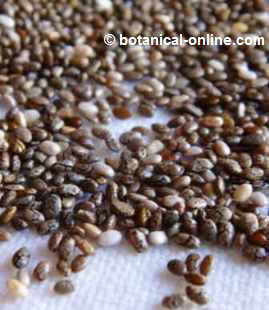
But one of the main problems with a vegetarian diet is that it lacks the healthy fats EPA and DHA found in oily fish, which are attributed to the benefits of the Mediterranean diet with the benefits of arthritis and heart disease. This nutritional problem also occurs in people who eat little fish in general.
To make up for this deficiency, it is recommended to take 2-3 teaspoons of ground chia seeds daily to obtain all the omega 3 needed.
From the omega-3 fatty acids in chia or flaxseed the body is able to produce EPA and DHA, but the consumption of alcohol, tobacco, and trans fats inhibits the enzyme responsible for producing these substances.
Another option is vegetarian DHA supplements (plant-based from seaweed).
*More information: Omega 3 EPA and DHA for vegetarians
Fruits for arthritis
Among the most recommended fruits we can mention pears, for their arbutin content (a diuretic principle), pineapple, and in general fruits rich in vitamin C and antioxidants, such as kiwi, mango, peaches, papayas, nectarines, apricots, cherries, tomatoes, pumpkins, etc. Bananas are also recommended because they are very rich in magnesium.
*More information:
– Protein combinations in vegetarian diets
![]() More information on arthritis natural treatment
More information on arthritis natural treatment
15 April, 2025

